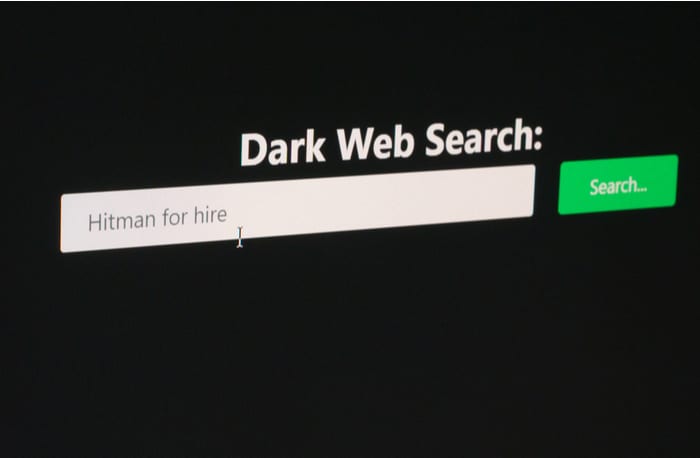Drug sales on the dark web are particularly high, up 60 percent and hitting $601 million from January to March 2019, according to blockchain analysis firm and government advisor Chainalysis. Bitcoin has also been pivotal in the rise in ransomware cyberattacks.
Illegal activity comprises 1 percent of all Bitcoin transactions, but that is almost double from 2018. Chainalysis’s new Crypto Crime Report indicates that criminal activity is immune to price fluctuations. Data for ransomware, tax evasion and money laundering, however, is likely underestimated because it is hard to track.
Although authorities knocked down two of the biggest criminal markets online, new exchanges quickly take their place.
Calvin Shivers, the assistant director of the F.B.I.’s criminal investigative division, told the NYT that criminal behavior on the dark web is “pervasive” but more resources are being tapped to deal with the issue.
Criminal activity accounted for $3.5 billion stolen from millions of victims in 2019, over three times more than in 2018, according to the Chainalysis data.
Advertisement: Scroll to Continue
The black market, starting with the Silk Road, is responsible for triggering the flurry of activity surrounding crypto in 2011. Lacking a central authority, criminal users were able to create a Bitcoin wallet and use coins without registering an identity.
The Bitcoin community had initially hoped crypto would be used like cash, but acceptance has been slow to catch on, in part due to the expense of using it and how slow it is to use.
The buying and selling of derivatives based on Bitcoin are allowed on the Chicago Mercantile Exchange and the New York Stock Exchange, but trading is sluggish.
The dark web trades in all types of illegalities — stolen credit cards, hacked passwords, Social Security numbers, weapons, drugs and even uranium. But there are also a surprising amount of unusual transactions, some legitimate, others in a gray area. Hobbyists flock to the dark web, as do people seeking an organ transplant.




